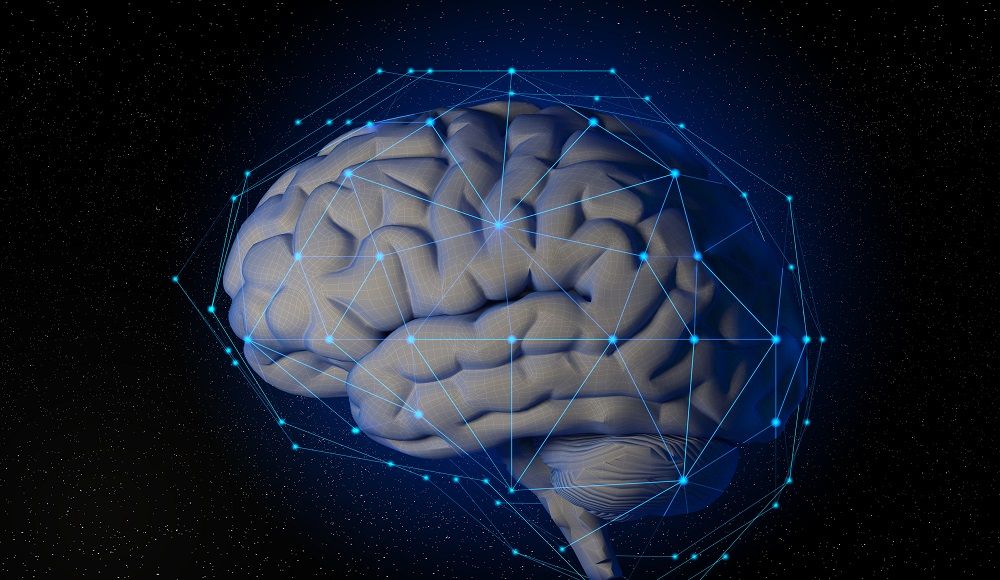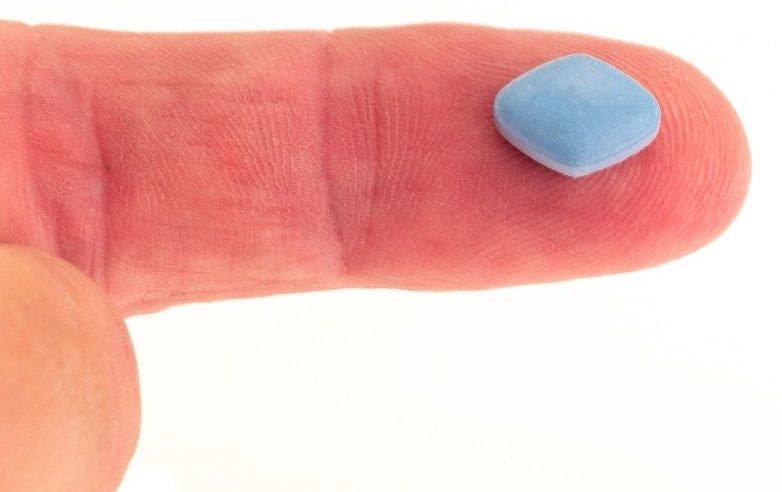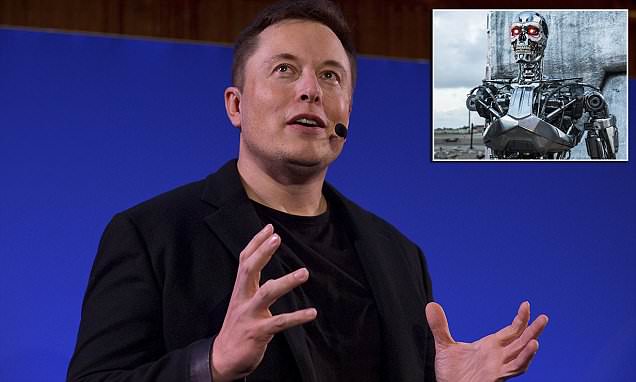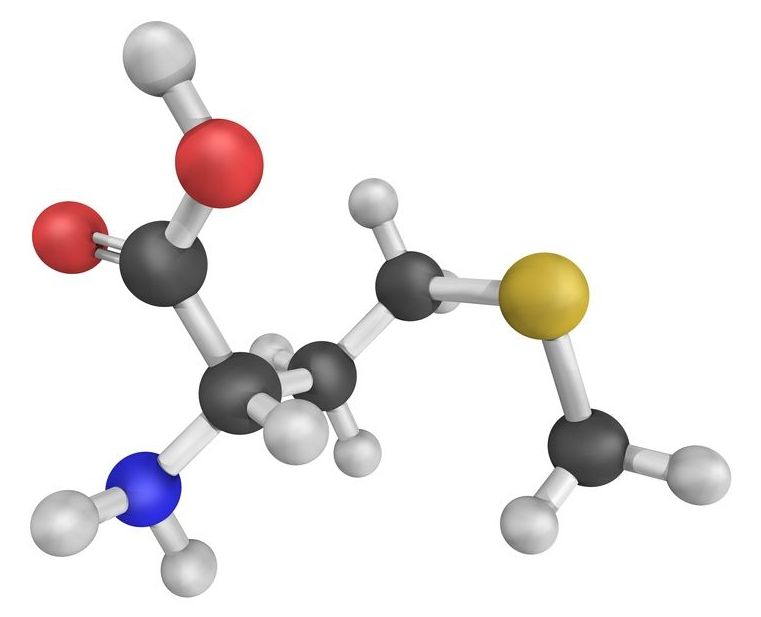Apr 6, 2018
Our Brain Learns Completely Differently Than Experts Assumed For Nearly A Century
Posted by Brady Hartman in categories: biotech/medical, information science, life extension, robotics/AI
Researchers just overturned a 70-year-old fundamental understanding of how our brains learn – paving the way for faster, more advanced AI applications and a different approach to medical treatments for brain disorders. [This article first appeared on LongevityFacts. Author: Brady Hartman. ]
Researchers just overturned the way scientists thought our brains learn – a view that up until now has been widely accepted for almost 70 years.
This discovery-based upon new experimental evidence – paves the way for more modern artificial intelligence (AI) applications such as machine learning and deep learning algorithms that imitate our brain functions at a much faster speed with advanced features. Moreover, the research may change how doctors view disorders of the brain, such as Alzheimer’s and may alter treatments for other forms of dementia.

















